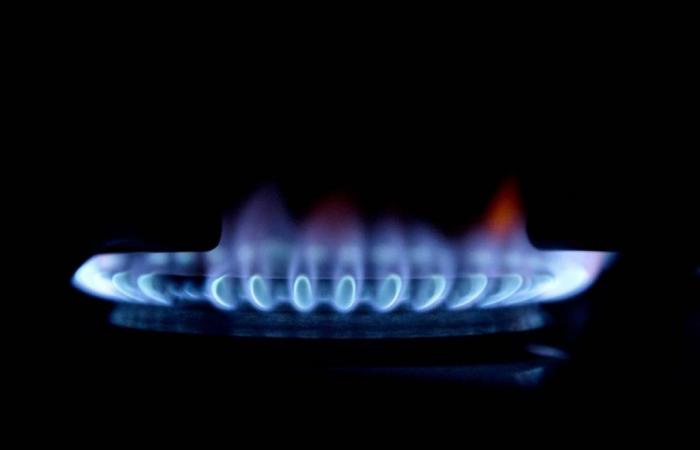
This increase is due to a rebound in prices on the gas markets and, above all, to the sharp revaluation of transport costs.
The increase had been announced for several months, but its implementation will take place on Monday, July 1, in the midst of electoral turmoil, between the two rounds of early legislative elections: the average gas bill will increase by 11.7% for millions of French people, mainly because of the revaluation of the costs of maintaining the gas network.
After a respite of several months, the average annual gas bill will rise by 124 euros, from
1,060 euros in June to 1,184 euros on July 1.
According to the Energy Regulatory Commission (CRE), the sector’s watchdog, the “average benchmark price” of kWh, which has tended to fall in recent months, will be around 13 cents for July,
an increase of 11.7% compared to the June index
(environ 11 cts/kWh).
An increase to be put into perspective according to the CRE:
this July price remains lower (-3.5%) than that of January
which had confirmed the end of the tariff shield, the subsidy mechanism launched at the end of 2021 to protect households from excessive increases during the energy crisis, fueled by the post-Covid recovery and the war in Ukraine.
An “indicative” price for suppliers
Furthermore,
This “reference price” is “indicative” and suppliers remain “free” to pass it on or not, underlines the CRE
. It is possible to play the competition by referring for example to the online comparator of the Energy Mediator. According to the latter however, “the vast majority of consumers will see this increase reflected in their bills”, i.e. most of the 10 million residential customers connected to GRDF.
Why this increase now? Because of a rebound effect of prices on the gas markets where operators obtain their supplies and, above all, because of the significant revaluation for 4 years of the gas transport costs borne by the distribution network manager GRDF.
This “toll”, charged to suppliers and accounting for a third of the bill, must be increased in the face of increasing costs for the maintenance and modernization of gas infrastructure, while allowing the integration of green gas into the pipes. And this is all the more so since it is becoming more difficult to distribute these costs while
the number of gas subscribers is falling: -197,000 between the end of 2022 and the end of 2023
according to the CRE.
An independent authority, the CRE announced the increase in the gas bill in February, before specifying the terms on June 10, the day after the European elections and the dissolution of the National Assembly. Enough to stir up debates…
The RN has warned that its first reform if it reaches Matignon would be to cancel this increase, a measure also advocated by the New Popular Front.





